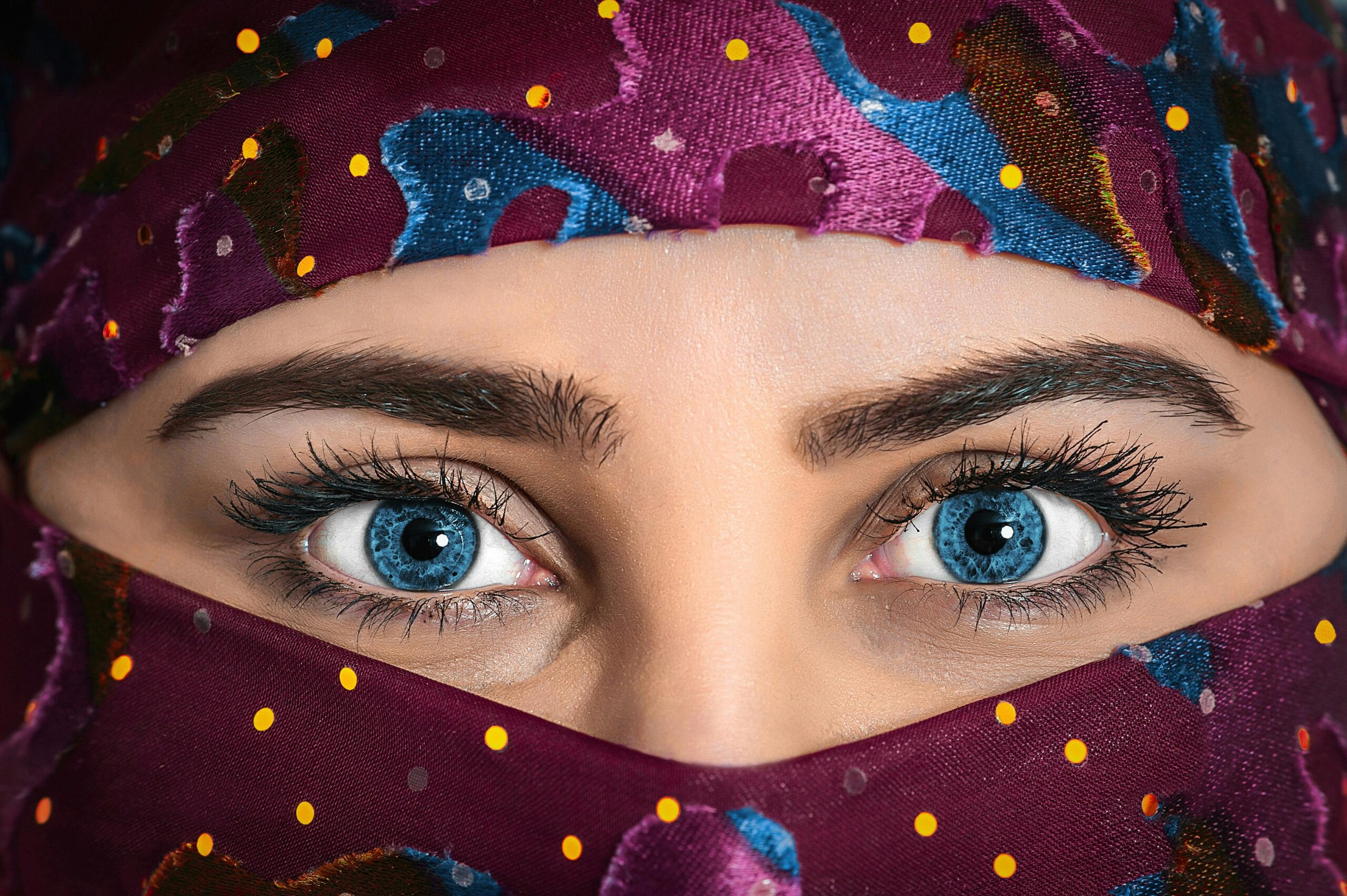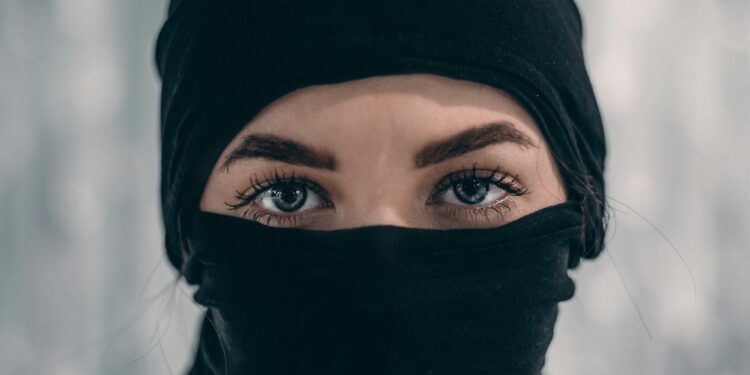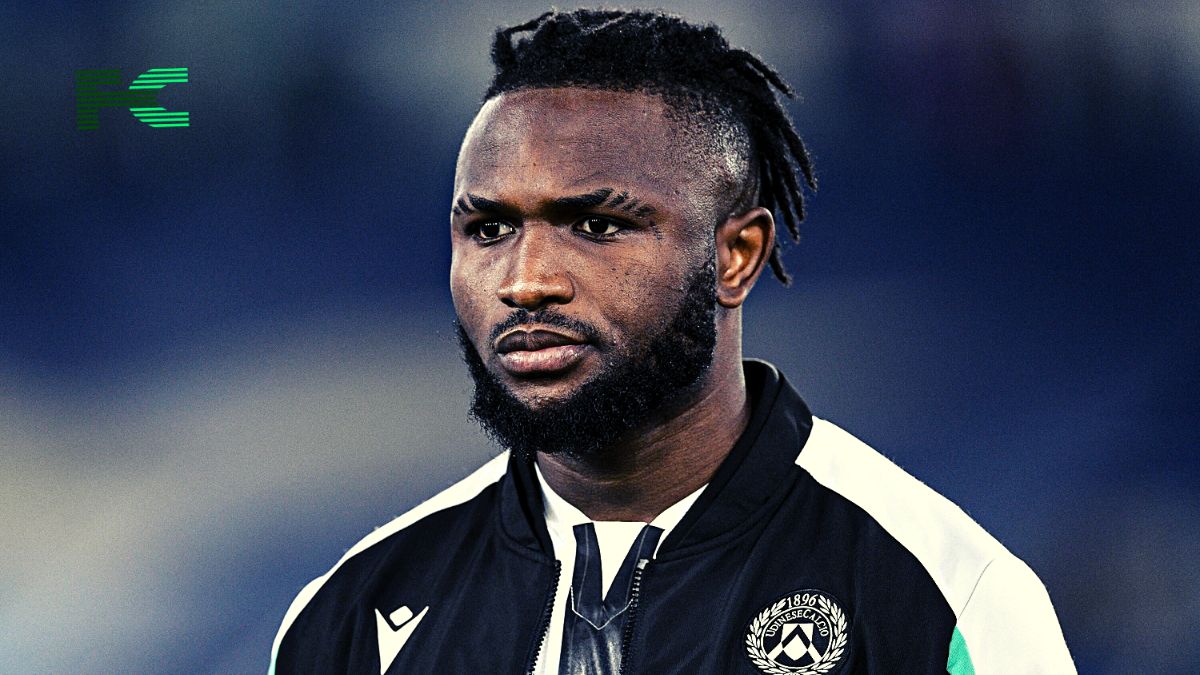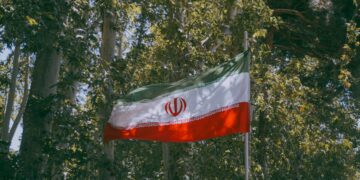The case of a female high school student in Kosovo getting suspended for refusing to remove her hijab has turned into the latest controversy in Europe over the traditional Muslim head scarf — a notoriously “hot-button issue” across the continent in recent years.
The local education authorities and the Bedri Pejani academic high school in Peja, a town situated in western Kosovo, had said they were merely enforcing a 2014 directive made by Kosovo’s Education, Science, Technology, and Information Ministry, which bars students from wearing religious attire on elementary- and secondary-school premises.
However critics, including the Islamic Community of Kosovo (KBI), the leading organization representing Muslims in the country, have argued that the school and local officials misinterpreted that directive, as according to them, it is vaguely worded, hence, the school violated the 18-year-old’s human rights by denying her the right to an education.
After the young woman’s family laid a complaint to police, the local prosecutor’s office in Peja announced that it would be investigating to check if the student’s rights were violated.

Amid talks on lifting the suspension, Naser Gega, the head of the Peja branch of the Education Directorate, told RFE/RL’s Kosovo Service on September 30 remarked that the student — referred to in Kosovar media reports only as “AD” although her full name is known to RFE/RL — was still not back in classes. A “resolution,” Gega said, was expected within days.
A year after declaring independence from Serbia in 2008, Pristina outlawed religious garb in primary and high schools, sparking protests by devout Muslims. The government had at the time, defended the decision, saying that it was in line with the country’s secular constitution.
Since then, the country’s law on education has undergone numerous changes, including a directive in 2014 from the Education Ministry that further constitutionalised this ban.
Kosovo’s constitution gives room for freedom of conscience and religion, and the country’s law on religion stipulates that there is no state faith. Most of Kosovo’s estimated 1.5 million populace are Muslim but most embrace a fairly moderate and relaxed version of Islam.
The controversial topic of hijab-wearing has been a hot-button issue in Europe for years.
In 2004, France became the first country to ban the head scarf and “conspicuous” religious symbols from state schools. Since then, other countries in Europe have instituted similar measures.
Why It Matters
Outright or partial bans on the hijab in educational institutions, the workplace, and public spaces have also been instituted in some EU countries, including in Austria, Belgium, Bulgaria, Denmark, parts of Italy, the Netherlands (in public spaces), and areas of Spain’s autonomous community of Catalonia.
A March 2022 report written by the Open Society Justice Initiative — a group of lawyers canvassing for human rights — argued that such bans came into play after U.S. policymakers declared a global war on terror in the aftermath of the 9/11 terror attacks in 2001, giving rise to suspicions around Muslims due to their attire.
In July 2021, the EU’s highest court, the European Court of Justice (ECJ), ruled that employers can impose restrictions on the wearing of religious symbols, including wearing the hijab in the workplace under certain conditions, especially if the job involves dealing with the public.
Consequently, October 2022, the ECJ ruled that EU companies may have to justify bans on wearing religious symbols. This had been in response to a case about a Muslim woman in Belgium who was told that she could not wear a hijab to work.
Meanwhile, the family of the suspended student in Kosovo has turned for help to the Center for Peace, a local human rights NGO.
The group’s leader and local imam, Labinot Maliqi, has claimed that in the past seven years, he has successfully mediated in over 50 cases for the return to class of schoolgirls who were suspended due to their wearing of hijab.

















